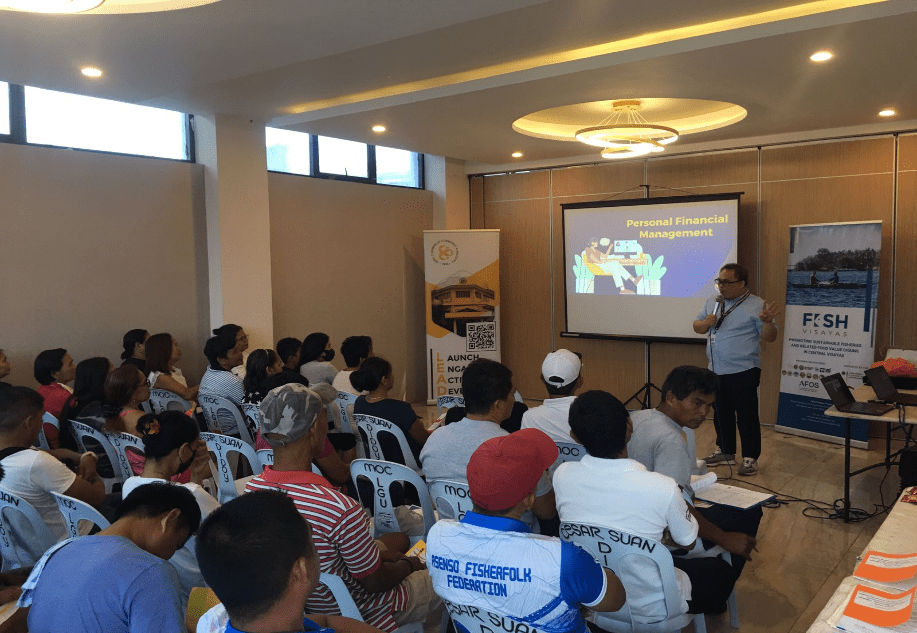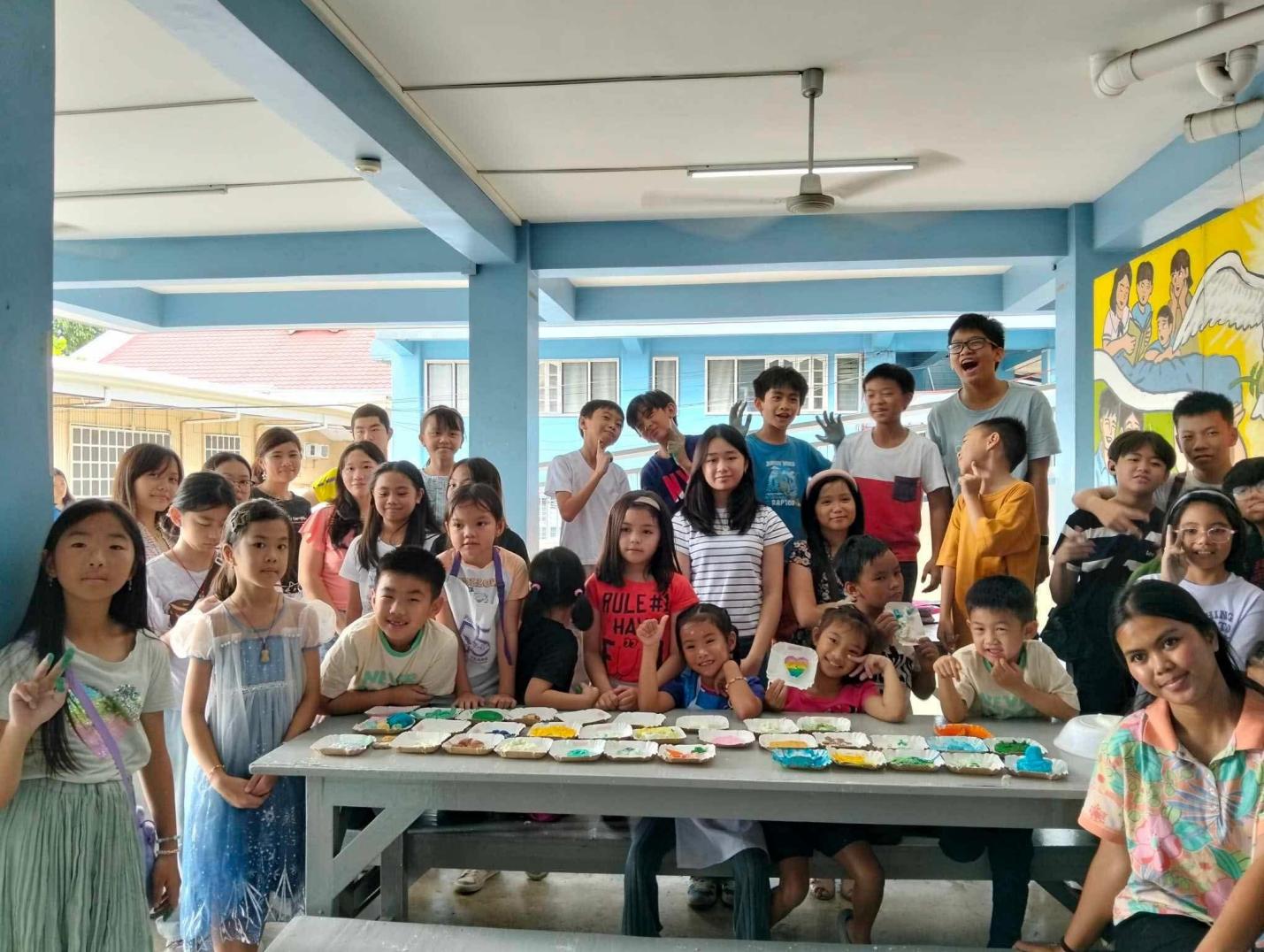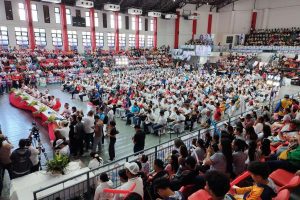MINERVA BC NEWMAN
CEBU CITY – The Department of Science and Technology (DOST-7) and the Province of Bohol want to explore all possibilities to develop the coconut industry in Bohol, exploring ideas and programs for higher value-added processing of coconut products to address the lower price of copra today.
According to DOST-7 OIC-regional director Engr. Jesus Zamora, Jr. that Bohol governor Arthur Yap is very keen on developing the coconut industry in Bohol because he wants to be self-sufficient.
“We should start with the basics. We should be self-sufficient. If another pandemic would hit us, I think we can produce our own products like soap, oil, vinegar, and other products that can be developed from coconut,” Zamora said in a virtual media talk show hosted by Assistant Secretary Jonji Gonzales and aired on the Facebook page of the Office of the Presidential Assistant for the Visayas.
Zamora went on that DOST-7 is now doing a proposal for the development of the Bohol coconut industry and aside from these products, the virgin coconut oil (VCO) is among those under study as possible use as a treatment for COVID-19.
Zamora added that DOST-7 is also looking for lead researchers to help the agency to develop new products from coconut and they are working on this project with the provincial government, the Philippine Coconut Authority (PCA), the Department of Agriculture (DA), the Department of Trade and Industry (DTI) and other government institutions.
“Due to the very low copra price, the coconut farmers no longer make any profit,” Zamora said.
The proposed coconut development of Bohol is part of the implementation of the DOST-UP Planning and Development Research Foundation Inc. (PLANADES) Settlement Model Training Module, which will initially be given to 20 identified growth areas, Zamora added.
PLANADES had identified five growth areas in the Visayas – Cebu, Negros Occidental, Iloilo, Leyte, and Negros Oriental, Zamora bared that the model targets local government planners to help them project growth in their area. Instead of Negros Oriental, Zamora said DOST-7 has shifted to Bohol for the implementation of the PLANADES settlement model.
Bohol has 104,000 hectares of planted coconut and it continues to increase areas planted with coconut due to its re-planting program which the PCA pushes to improve the industry.
According to Zamora that there are two coconut nurseries in Bohol namely: Central Visayas Coconut Seed Production Center (CVCSPC) in Calanggaman, Ubay, and the Loay Code Farmer (LCF) in La Salinas, Loay which produce the hybrid and dwarf varieties of coconut seedlings, which are ready for the replanting program.
The re-planting program includes coconut planting, coconut seedling dispersal, and accelerated coconut planting and rehabilitation programs. The two nurseries are not only supplying the needed coconut seedlings in Central Visayas but also in Tacloban and Leyte areas or in Region 8, Zamora revealed.












